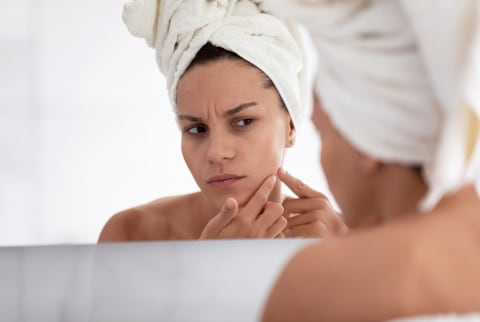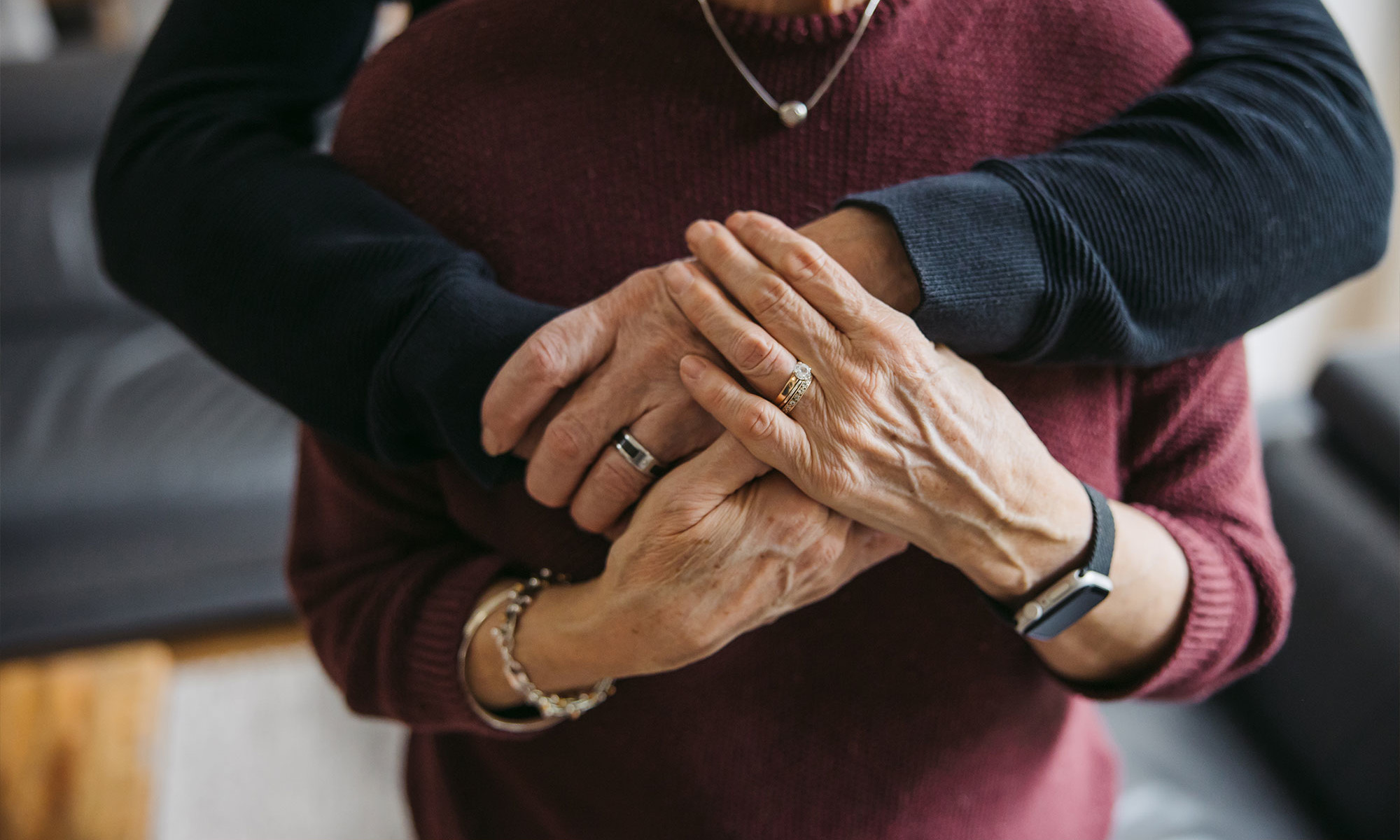OK, So You've Overexfoliated: 5 Expert Tips To Soothe Angry Skin
We've all been there.


Former Senior Beauty & Lifestyle Editor
Former Senior Beauty & Lifestyle Editor
Jamie Schneider is the former Senior Beauty Editor at mindbodygreen. She has a B.A. in Organizational Studies and English from the University of Michigan, and her work has appeared in Coveteur, The Chill Times, and Wyld Skincare.
May 07, 2025 We carefully vet all products and services featured on mindbodygreen using our Our selections are never influenced by the commissions earned from our links. We've all been there: You've gone overboard with a new, glistening scrub or promising tube of retinol, and your skin is quite literally rubbed raw—tight, sensitive, and peeling in scales. Overexfoliation happens to the best of us, and everyone has a different limit—for some, it's trying your hand at an at-home chemical peel; others may face a flare from leaving on a purifying mask mere minutes too long. It's not a pretty predicament to find yourself in, no matter how you slice it. You're certainly not alone, so we probed experts on how to baby your skin back to its healthy, supple self.
How to know you've overexfoliated
"Overexfoliation, whether chemical or physical, leads to the disruption of the protective barrier of the skin," notes board-certified dermatologist Julie Russak, M.D., FAAD, founder of Russak Dermatology Clinic and Russak+ Aesthetic Center. And when your skin barrier is weakened, it can lead to a host of issues—think dryness, sensitivity, irritation, and itch. If you're facing any of these woes (say, after a few stints with an AHA serum), your skin is likely begging you to drop the regimen.
What to do about it
So it seems you've overexfoliated. Again, it happens, and there's much you can do to get your skin glowing again. The key, here, is to cushion your skin with nourishing formulas and avoid stripping the barrier further:
As for when you can reach for the scrubs again? Aguilar mentions you can start your routine back up once your skin feels fully healed, which can take anywhere from three to 12 days. If you're at all unsure, best to err on the side of caution and keep up with that sensitive skin routine until you feel undoubtedly ready.
The takeaway
Of course, you should always, always consult a dermatologist if you're in severe pain or discomfort from overexfoliating (say, you face incessant itching, bleeding, or even pustules). But generally, overexfoliation means you're in dire need of some simple barrier repair—give your skin a rest, and replenish it with gentle, pampering formulas.

 ValVades
ValVades 































